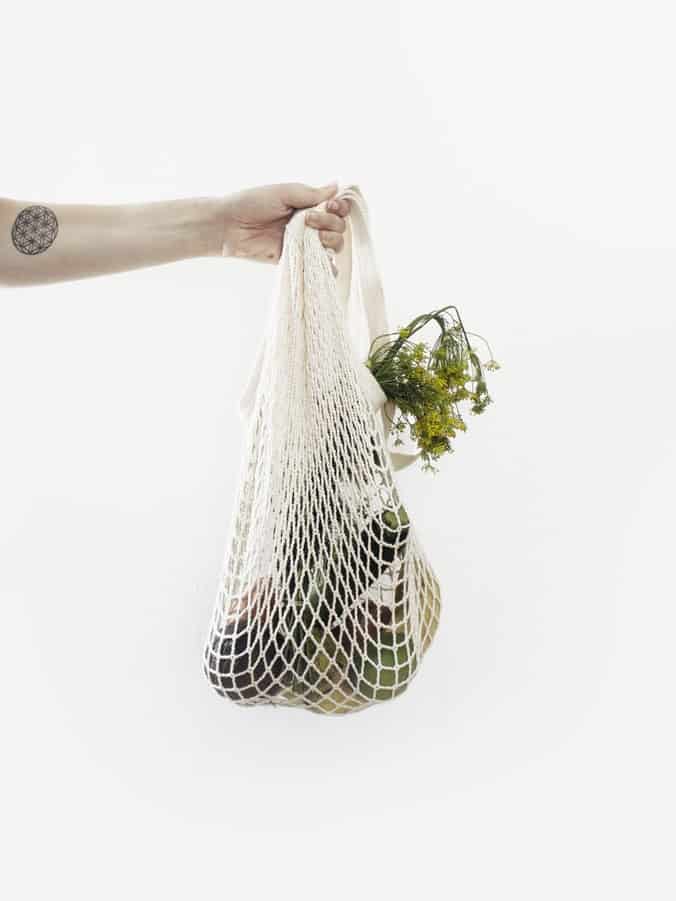Is the switch to veganism affecting climate change the way we thought? Are we using our reusables right? What can we actually recycle? All this and a rickshaw driver who’s beating out the competition and “spoiling the market” in this week’s Conscious Scoop.
From problematic food consumption to not knowing which plastics to recycle, Asia’s in the spotlight for more change. Check out these hot sustainability headlines from around the world and the region from the past seven days.
1. If you want to save the world, maybe veganism ins’t the answer
This opinion pieces in the Guardian argues that unless vegan products are from organic, no-dig systems, they may be affecting the soil and thus causing a domino effect adding to climate change. There is no question we should all be eating less meat, but is giving up meat and dairy completely the answer?
Is “flexitarianism” is the answer?
2. A smart eco-rickshaw like never before
Tapan is the hero Dhaka never knew they needed. Tapan has been driving his rickshaw for 10 years, and he’s been embellishing it for 8 of those 10 years. Just imagine this: You get in the rickshaw, and you get wifi, a filtered-water system, a calculator, 2 fans, an array of binge-worthy movies, facial tissue….and so much more. Not even to mention that on the roof, there’s a thriving garden of exotic and local plants. What a way to travel in style and make a statement!
Be like Tapan, change the game.
3. Asia’s rising appetite for meat & seafood puts us all at stake
A 78% increase in food consumption is expected by 2050. This would cause an increased contribution to the atmosphere’s greenhouse gases and the intensification of food production. To be able to accommodate this projected change, a projected land area the size of India is needed – and don’t even get us started on how much water that land would need.
Asia, it’s time we did something about this.
4. 70% of Singaporeans don’t know which plastics to recycle
Our landfills are expected to be full by 2050- and unless we take drastic action, we are doomed. Despite government efforts to place ubiquitous blue recycling bins around the island, much of our plastic still ends up in landfills simply because Singaporeans don’t know which plastics are recyclable. While we work on reducing our consumption, we also need to find a way to better educate the public about the other Rs in sustainable consumption.
This is a call for better environmental education.
5. Are we using our metal straws and reusable bags right?
Sure you have a metal straw, and also a reusable bag. But if you don’t use them enough and consciously, are you really being sustainable? While we beat plastic pollution, it’s also important to remember to actually use our reusables responsibly. Because, as Lauren of Women’s Weekly put it, “Perhaps, it is not the materials we use that make us eco-friendly, but rather, it’s how we use them. It’s our sustainable behaviour that counts and not how many environmentally-safe products we own.”
6. Microbes made my new kicks
Innovative fashion surprises us all the time. The fashion market is ready for these bold changes, and these brilliant minds are changing the game. A new fabric that looks like cowskin but stretches like blu-tack? Be prepared for a fashion revolution. Say goodbye to coal and oil- these new fibres are made with microbes originally engineered to feel like silk and leather, but is now showing so much more potential.
It’s time for a fashion makeover.
Don’t let your conscious journey end here! Get a weekly dose of inspiration, knowledge, and action delivered right to your inbox, join the conscious movement here.



